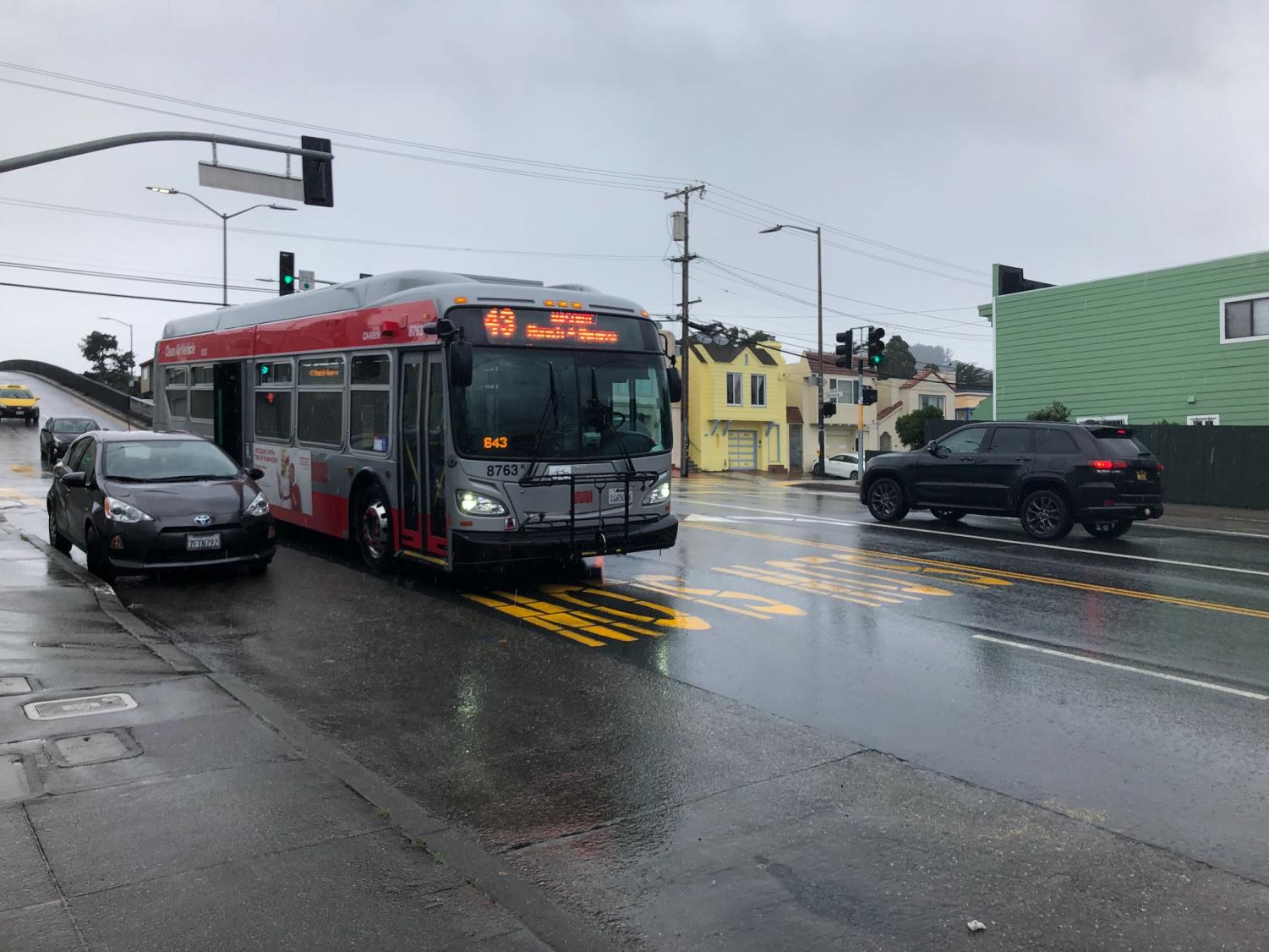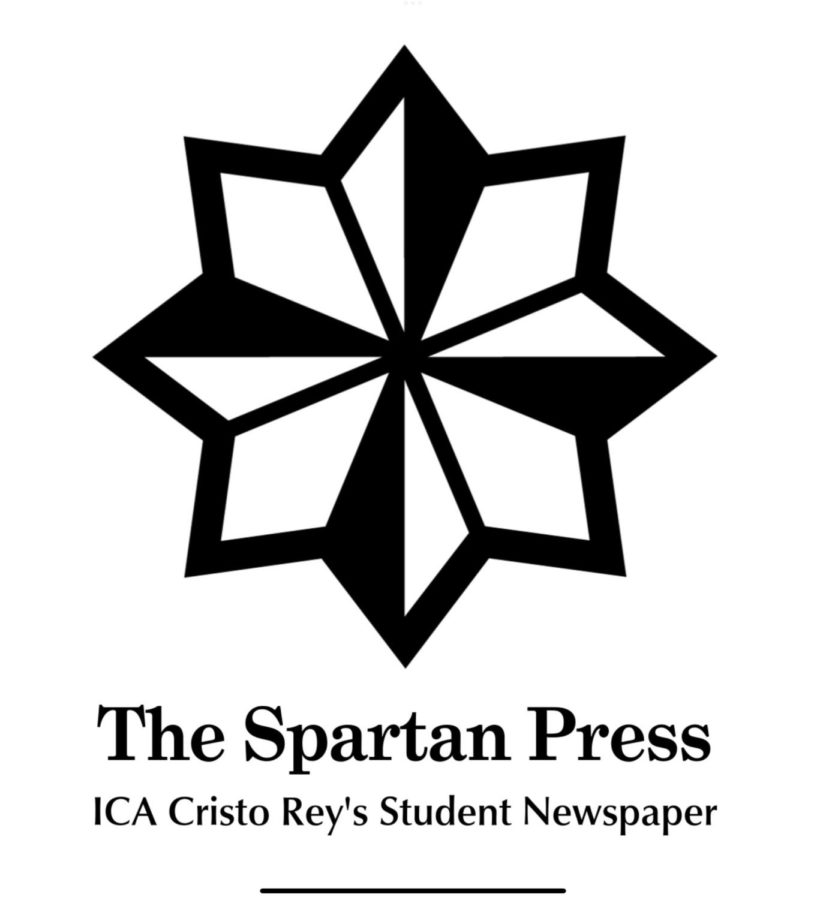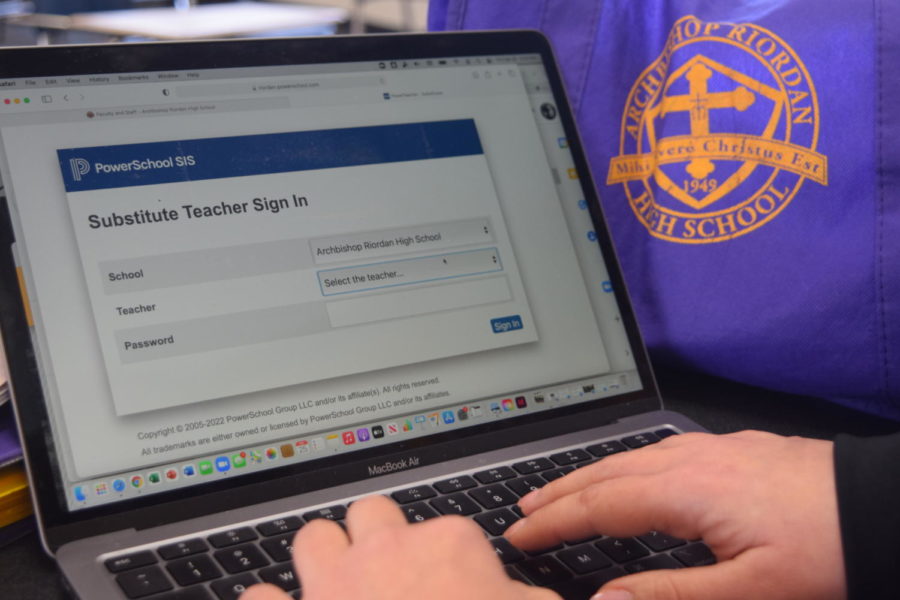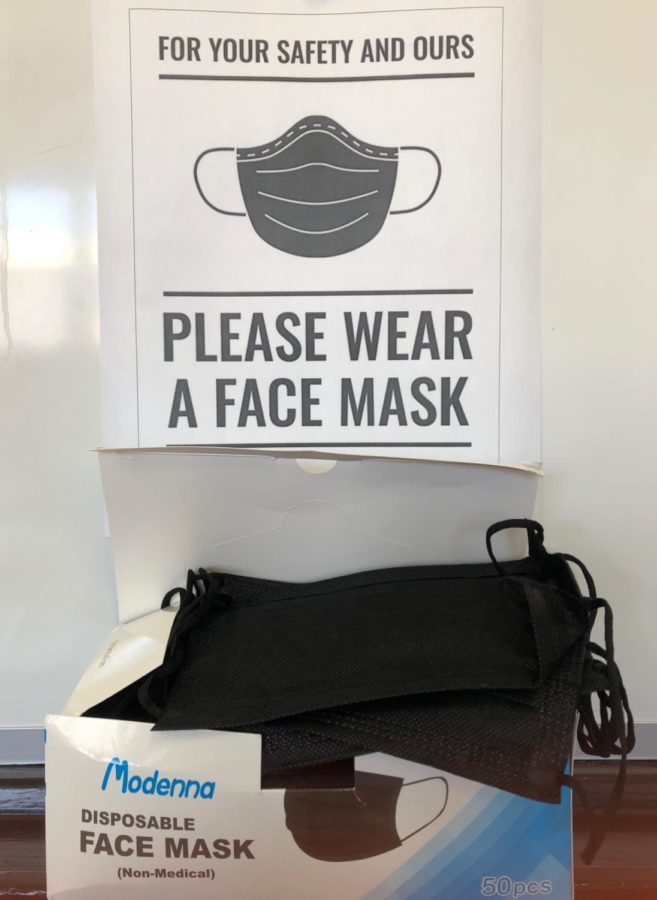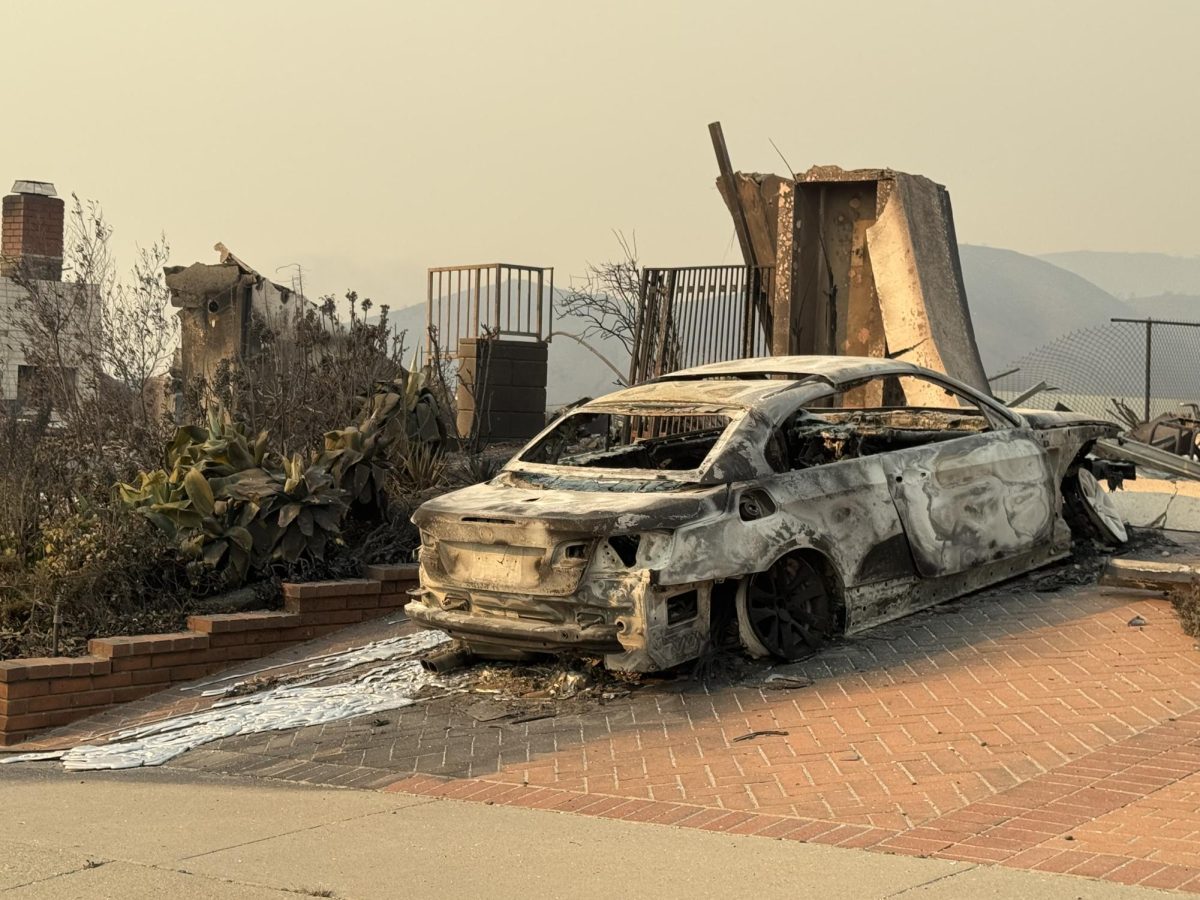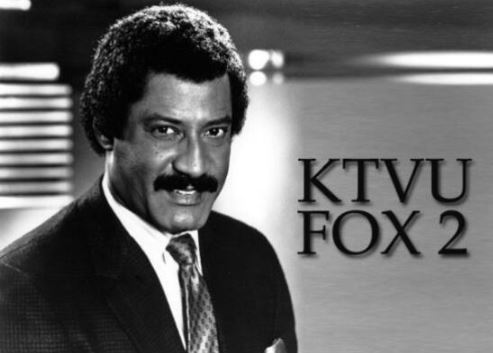As the Coronavirus continues to cause concern, Bay Area citizens are wondering what will happen with public transit.
General Manager of BART, Bob Powers, issued a statement to riders who will be impacted by a 9pm closure and changing Saturday’s start time to 8am, stating that only a handful of people were using BART after 9pm and the cost of operating the trains to a small number of people didn’t make financial sense. BART is taking advantage of closing at 9pm for repairs and updates in stations.
“BART ridership for Sunday, March 29, 2020 was 9,453, representing a 90 percent drop compared to an average Sunday in February 2020,” the statement read. In addition, “The estimated loss revenue impact for March-to-date (through 3/25) is -$17,495,000, and a loss of 4.172M trips. Projections for the full month of March is a loss of $24,663,000 with a loss of 5.878M trips.”
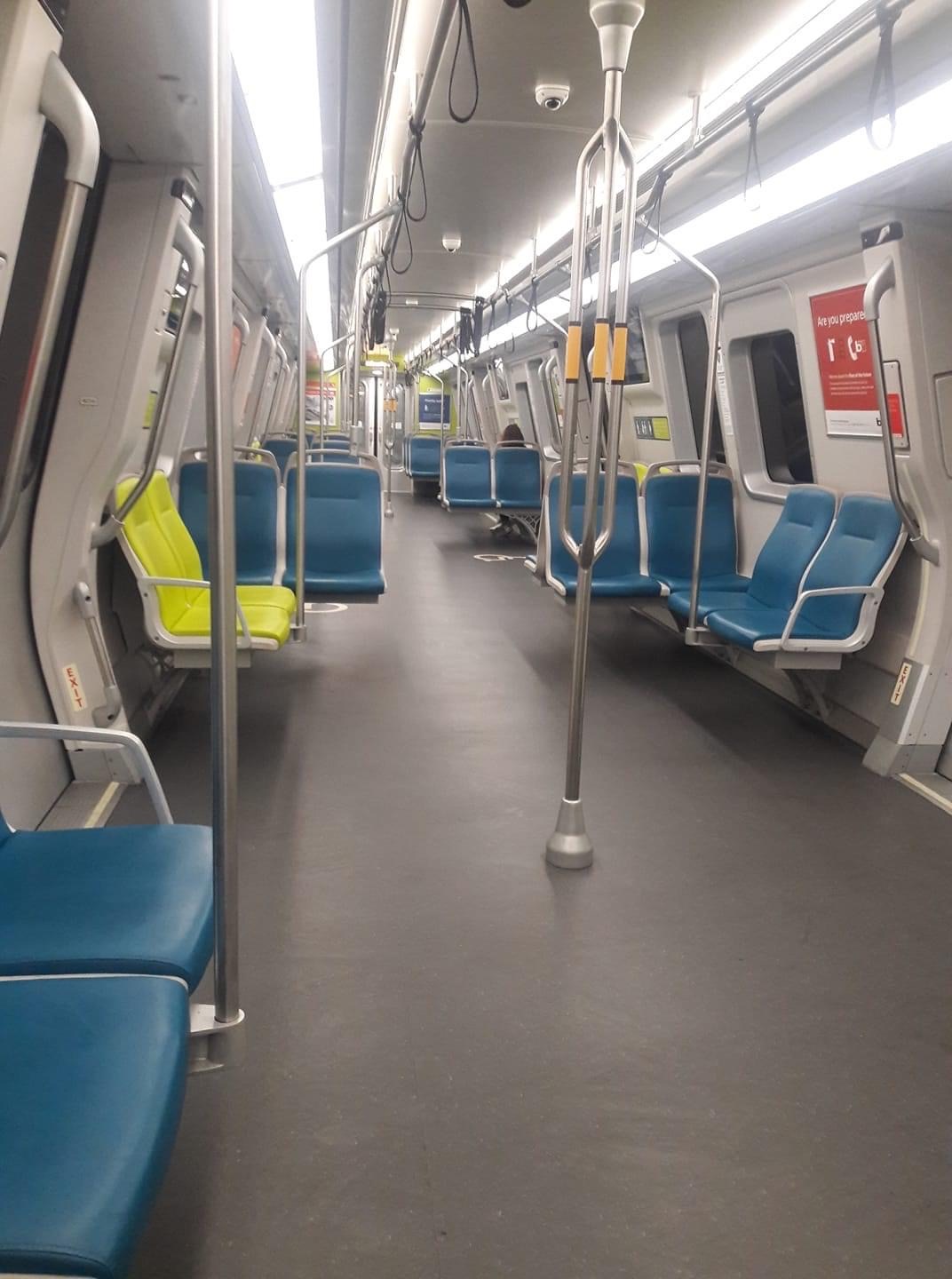
Many BART trains, like this one in San Francisco, are empty due to the shelter-in-place ordinance in the Bay Area.
BART released a video called “Covid-19 Essential Workers/Healthcare.” In it, Nina of Redwood City, a healthcare worker said, “My name is Nina and I come from Redwood City, I take BART every day. I really like it that Bart is still running, and still has 10 trains and is not crowded. They don’t try to cram us into one train so we can keep our social distancing, and right now that we are all in this pandemic, we encourage you to wash your hands and keep social distancing so we can defeat this virus.”
BART closed the video with a message: “Thanks to all essential workers for your hard work in these difficult times.”
SFMTA has a draft list of the remaining muni lines, 17 lines out of the 89 MUNI routes running. By Wednesday, only MUNI’s most key lines remained. The routes that will be eliminated will rely on key factors such as, “adequate social distancing” on the highest ridership lines, open hospitals, and maintaining service in San Francisco neighborhoods that rely on transit more than others.
Jeffrey Tumlin, the San Francisco Municipal Transportation Agency director of transportation briefed reporters Sunday, and said that the decision did not come lightly, and is a “risk management” measure to protect agency staff and the public against the pandemic.
So far, five SFMTA staff have contacted the virus. The lines that will be running will have full service, because the many remaining muni riders will be “essential” workers such as hospital and medical personnel.
Tulmin also said, “Our concern is our operators are safe and able to take care of their families, and that essential workers are able to work.”
Extra precautions are being taken to ensure the health of passengers and drivers.
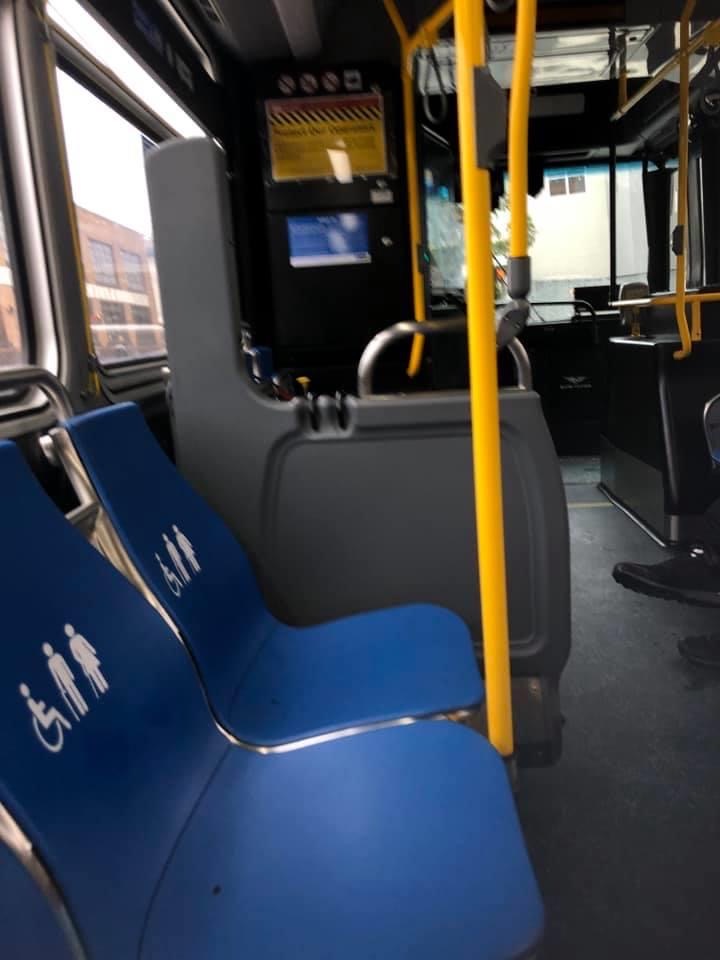
A look inside a San Francisco MUNI bus, an empty sight due to the pandemic.
Dave Anderson, a MUNI driver, said, “Drivers wipe down the bus with wipes even when the bus is supposed to be sanitized when we pick it up. Drivers do not relieve each other anymore–all drivers pull out a fresh bus and return it to be cleaned when done.”
In addition, “Passengers enter and exit through back doors. (Unless disabled or upon request.) And, no cash fares. [The] fare box is taped up [because it is] too close to the driver,” Anderson said.
In order to maintain social distancing regulations, Anderson said, “We are told to limit the amount of passengers and allowed to skip stops if too full. But this is difficult for me….I just want to pick up and drop off, and not strand anyone, but serious concerns over how full makes me skip stops sometimes.”
“Drivers, including myself, are afraid that we will catch the coronavirus.”
The lost revenue MUNI is facing is $1 million a week. On any given week, MUNI roughly has 700,000 daily riders, but since the pandemic the ridership has dropped 83 percent. The SFMTA said MUNI workers will be paid, and asked riders to board through the back to help ensure the safety of the operators.


